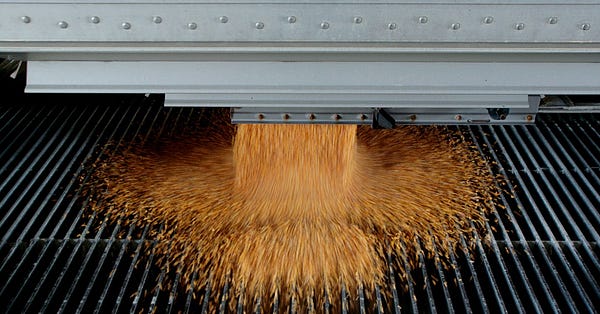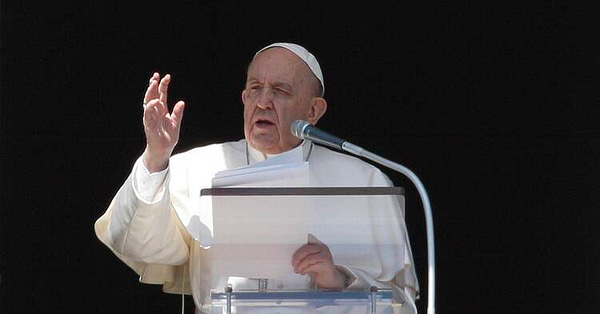Destabilized Saturday Edition #9
McDonald's ketchup packets, home insurance conundrums, good climate news, and a scare for Grover
I wrote about investing this week, which will be an ongoing part of Destabilized and of my adaptation consulting practice. It got me thinking again about the turkey problem, aka the problem of inductive knowledge, which I wrote about some weeks back:
The problem of inductive knowledge asks how much we can know about what will happen next based on our observations of what has happened up to now. In other words, what can the past tell us about the future? Certainly something (i.e. more than nothing), but how much may depend on whether we’re looking for evidence in the right spans of the past.
We’re all formed by our lived experiences, it’s the part of the past we learn by far the most from. What we experience is what we know to be true.
It’s why people in my generation chuckled about our Depression-era grandparents bringing home extra ketchup packets from McDonald’s. It looked comical to us because it was so utterly inconsistent with the world of relative abundance we knew. Our grandparents’ lived through the gnawing fear of want, quiet shame, and other emotional trials of the Depression. It was seared in their minds. We hadn’t experienced those things so the world looked different to us. It still does.
In 1975, a civil war broke out in Lebanon between Muslims and Christians. The two groups had lived alongside one another in relative harmony for more than 1,000 years, and few saw the war coming. Nassim Taleb, author of The Black Swan, was a teenager and lived through it. He recalls that adults assured him the fighting would be over in a matter of days. It lasted for 17 years.
Many years later, he explained:
History is opaque. You see what comes out, not the script that produces events, the generator of history. There is a fundamental incompleteness in your grasp of such events, since you do not see what’s inside the box, how the mechanisms work.
Civil war was unimaginable in Lebanon up until the moment it started. Many in Europe, the U.S., and elsewhere felt similarly about Russia’s invasion of Ukraine. There hadn’t been a real land war in Europe in almost 80 years; it was unthinkable.
The insight that our experiences forge our perceptions of reality suggests some intricate questions we should ask ourselves:
What has my lived experience led me to see and assume about the world? What has it hidden from me? What potential scenarios has it made me less able to imagine?
Your unique answers to those questions have meaningful implications for your planning and decision-making in investing and life.
My Work
When buy and hold investing meets democratic backsliding
I agree with Kamarck and Galston that democratic backsliding would likely damage the U.S. business climate. I also strongly suspect an impaired business climate would eventually hurt stock market valuations. Even if it didn’t impact earnings – and it very well might – how could it not affect sentiment and therefore multiples? It undoubtedly would. The potential chain of causation would look like this:
Democratic backsliding —> Impaired business climate —> Stock market declines
Protecting your home from climate catastrophe
“If you can avoid it, don’t own real estate in a climate-vulnerable place, period. It’s not only a bad idea for the obvious reasons – your home could burn or flood, or your insurance rates could rise, driving down the value of your home – but also because these risks are not yet reflected in market prices. The housing market still treats real estate in Miami Beach and other vulnerable places like its value is as durable as the value of real estate in safer places. Spoiler alert: it isn’t.”
Interesting Reads
You Have To Live It To Believe It – The power of lived experience very much applies in the investing realm.
How a little-discussed revision of climate science could help avert doom – A little off-message for me (lol), but this is very good climate news!
Tweets of the Week




Extreme Weather Watch


“The coldest location on the planet has experienced an episode of warm weather this week unlike any ever observed, with temperatures over the eastern Antarctic ice sheet soaring 50 to 90 degrees above normal. The warmth has smashed records and shocked scientists.”

Creeping Authoritarianism Watch















